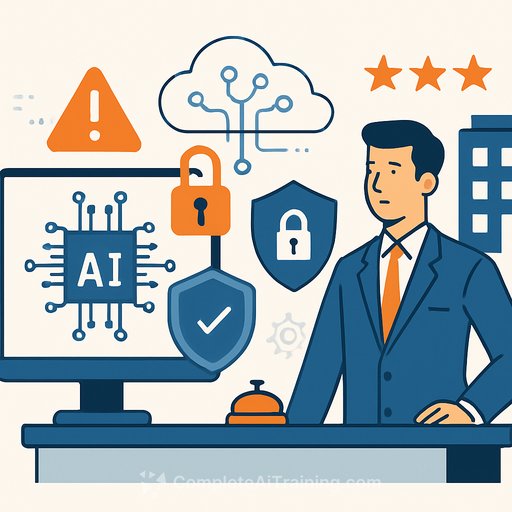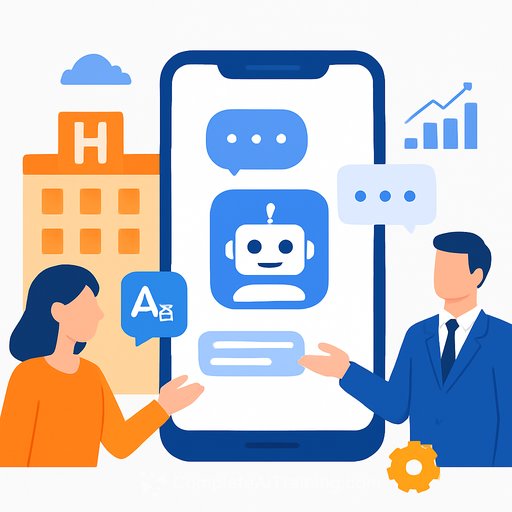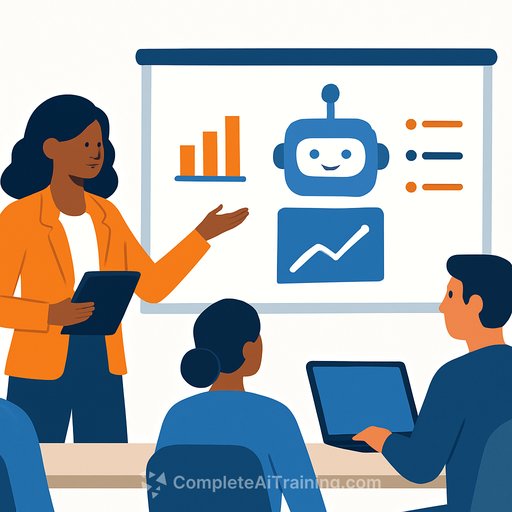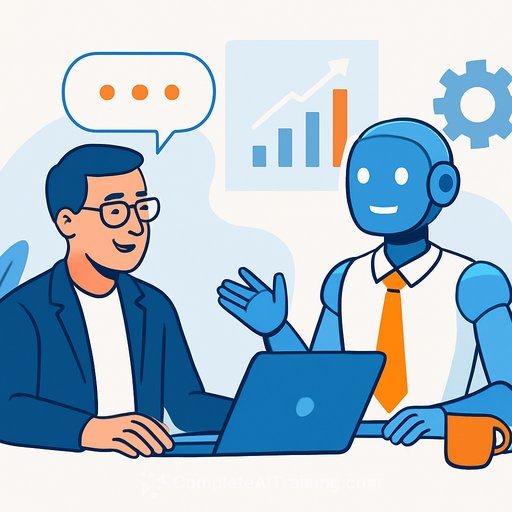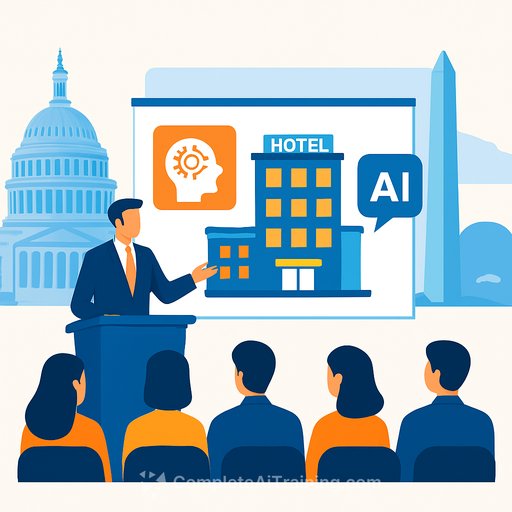Model Context Protocol (MCP): What Hoteliers Need to Know Before Integrating AI
Artificial intelligence is moving beyond simple chatbots and predictive analytics. It’s starting to connect directly with core hotel systems. Late last year, Anthropic introduced the Model Context Protocol (MCP), an open standard that lets AI models like large language models (LLMs) integrate seamlessly with various technology stacks.
For hotels, this could mean AI agents interacting directly with property management systems, revenue management tools, and live inventory data. The idea sounds promising—AI handling bookings, checking availability, applying loyalty discounts, and confirming reservations without relying on OTAs or the hotel’s own booking engine.
What MCP Really Is—and Isn’t
MCP is built for developers creating AI agents, not for guest-facing interfaces. Just like mobile apps require a user interface, guests won’t access MCP directly through their personal assistants. Instead, MCP acts as a communication layer between AI and hotel systems behind the scenes.
It’s also crucial to separate MCP from technologies that provide environmental or user context awareness. MCP manages data flows and system processes, ensuring consistency and control. Meanwhile, Agent Environmental Awareness (AEO) handles interpreting real-time context. Confusing the two can lead to unrealistic expectations about what MCP can do.
Why Some Vendors Are Jumping In Too Fast
Despite MCP’s early stage, some hotel tech providers are adopting it quickly. The promise is clear: AI agents could tap directly into a hotel’s Availability, Rates, and Inventory (ARI) feeds, enabling instant bookings and personalized offers. This could replace fragile custom APIs, speeding up AI tool deployment and improving guest experiences.
However, rushing in carries risks similar to the early chatbot surge. Governance, security, and operational challenges are not yet fully understood. Without proper safeguards, the technology could cause more harm than good.
Key Risks and Governance Challenges
- Security Vulnerabilities: Researchers have flagged potential issues, including exposed MCP servers and poorly validated function calls. These could allow hackers access to sensitive guest data, payment details, and pricing strategies.
- Governance Complexity: MCP’s flexibility lets AI agents perform real-world actions like rate changes or booking confirmations without human oversight. Without clear boundaries and approval workflows, a single malicious or faulty command could disrupt operations or damage reputation.
- Cross-Department Responsibility: IT must secure endpoints and manage authentication. Revenue and distribution teams decide what AI can access and control. Operations ensure AI-driven processes meet service standards. Without coordination, gaps will appear.
How MCP Could Change Hotel Bookings
MCP’s standout feature is enabling AI to handle actual transactions. AI agents connected to ARI feeds could update pricing and availability instantly based on guest requests. This opens doors for smarter upselling, such as automatically applying discounted room upgrades or optimizing group and event bookings across multiple properties.
However, exposing ARI data directly to AI agents introduces risks like price scraping, rate manipulation, and unauthorized bulk bookings. While the benefits are tangible, the stakes for hotels are high.
Balancing Speed and Safety in AI Adoption
Hospitality is under pressure to adopt AI fast. According to the Infor Global Productivity and Technology Study, 80% of organizations see future success tied to effective tech adoption. But speed shouldn’t come at the cost of control.
MCP is more than just another API layer—it could shape the next generation of AI-powered hotel experiences, from voice-activated bookings to real-time personalized rates. Yet, given its infancy and the significant security and governance challenges, hotels should approach MCP cautiously.
Experimentation is valuable, but readiness matters. Hotels need to ensure their frameworks and internal processes meet the high standards required to protect guest trust and maintain operational integrity. The true success of MCP will depend on how safely it’s adopted, not how quickly.
For hospitality professionals looking to build a practical understanding of AI tools and standards like MCP, exploring focused training resources can provide essential insights and skills. Check out Complete AI Training’s courses tailored for hospitality roles to stay informed and prepared.
Your membership also unlocks:

